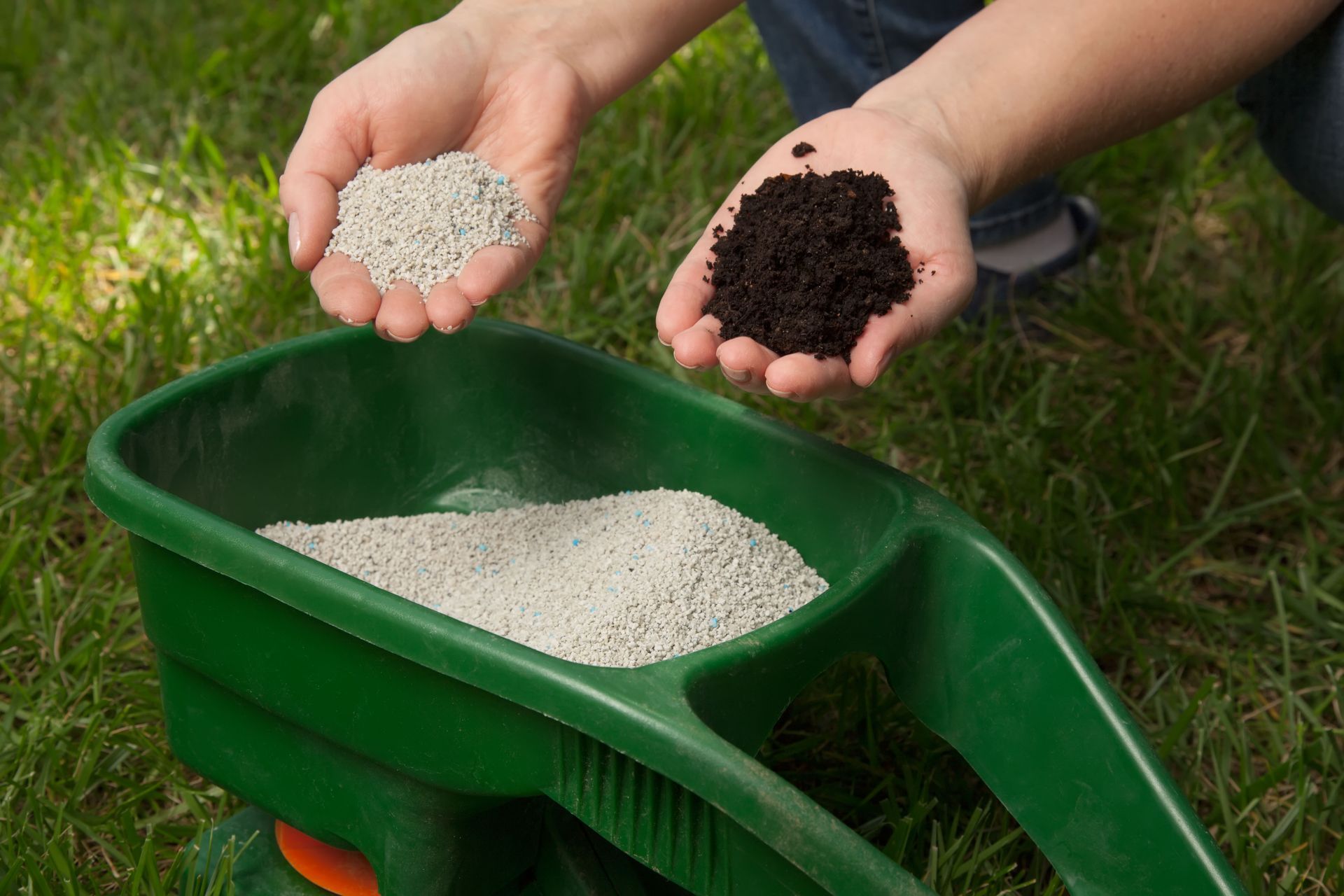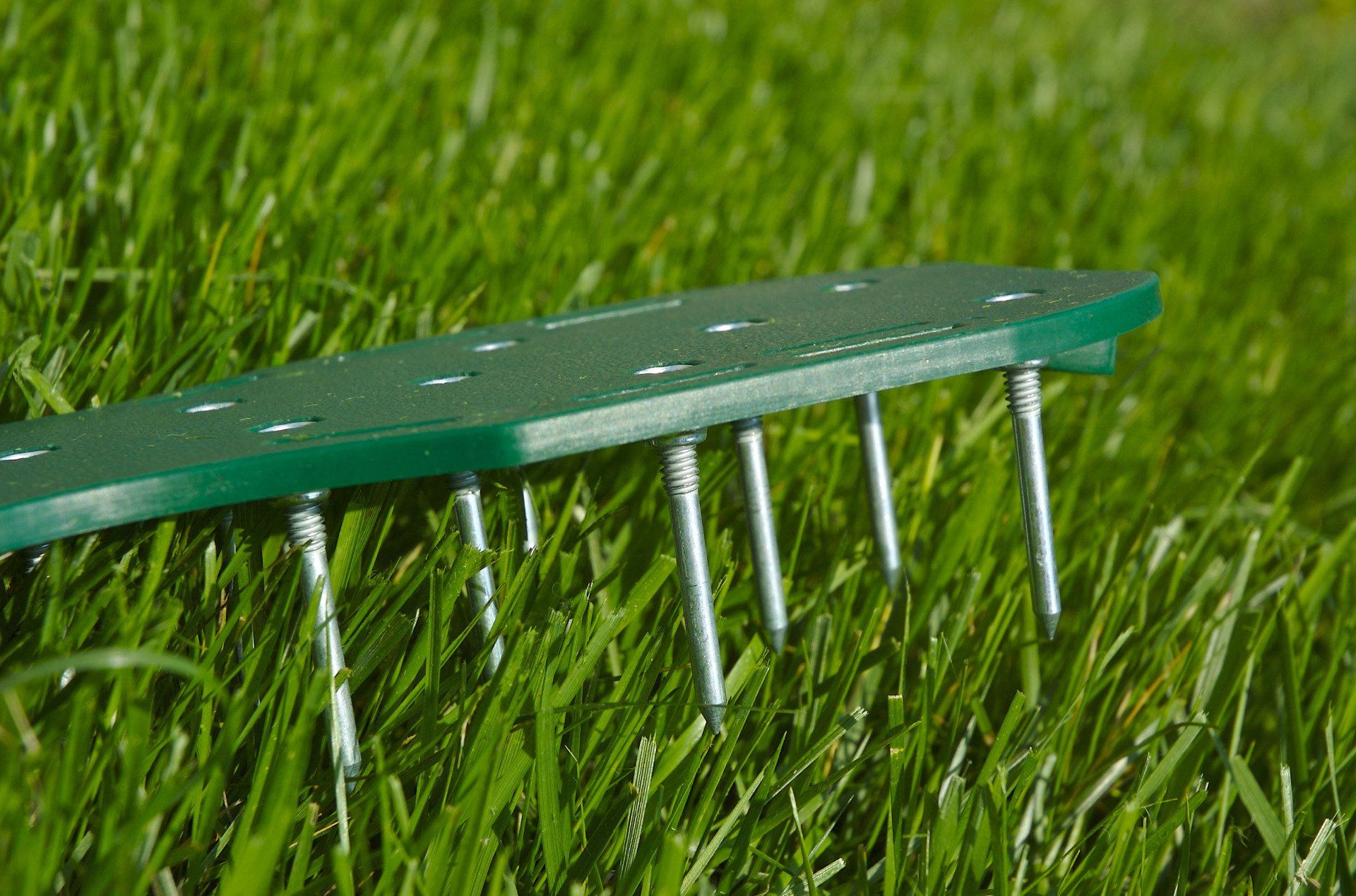How to Choose the Right Fertilizer for Your Lawn Type
Applying the correct fertilizer can transform your lawn into a lush green landscape and make you the envy of your neighborhood. With the myriad of fertilizers available, choosing the right one for your lawn type can be a daunting task. Understanding what your lawn needs and when to apply it is crucial for maintaining a healthy and vibrant lawn. Whether you have a cool-season or warm-season grass, knowing your fertilization requirements ensures your lawn receives the nutrients it needs to thrive.
Consider Your Grass Type
The first factor to consider when choosing a fertilizer is the type of grass you have. Cool-season grasses such as Kentucky bluegrass, fescue, and ryegrass have different nutrient needs compared to warm-season varieties like Bermuda, St. Augustine, and zoysia. Cool-season grasses typically require nitrogen-rich fertilizers in early spring and fall, whereas warm-season grasses benefit from a feeding regimen in late spring through summer. Understanding your grass type will help guide you to the right fertilizer choice specific to its growth cycle.
Check the Nutrient Composition
Another important aspect is the nutrient composition of the fertilizer. Fertilizers contain three primary nutrients: nitrogen (N), phosphorus (P), and potassium (K). The needs of your lawn may vary depending on its condition, maturity, and soil type. For example, an older lawn that has established roots might not require as much phosphorus as a newly seeded lawn. Regular soil testing can help identify nutrient deficiencies, ensuring that you purchase a fertilizer tailored to your lawn's specific requirements for optimum health and growth.
Plan Application Frequency
Fertilization timing and frequency play a key role in lawn care. According to Bob Vila, you should fertilize your lawn at least twice a year to ensure good overall health and keep your grass looking its greenest. However, depending on the grass type and growing conditions, some lawns might benefit from more frequent feedings. Take note of any specific recommendations for your region’s climate and growing season, as applying fertilizer at the correct time maximizes its effectiveness and benefits.
Ultimately, the right fertilizer will depend on your lawn's specific characteristics and needs. By identifying your grass type, understanding the nutrient composition of available fertilizers, and following the right application schedule, you can maintain a healthy, vibrant lawn. Over time, a consistent fertilization routine can enhance your lawn's health, contributing to its lushness and sustainability. If you require quality fertilizer, make sure to contact Weed Solutions Inc today!









Share On: